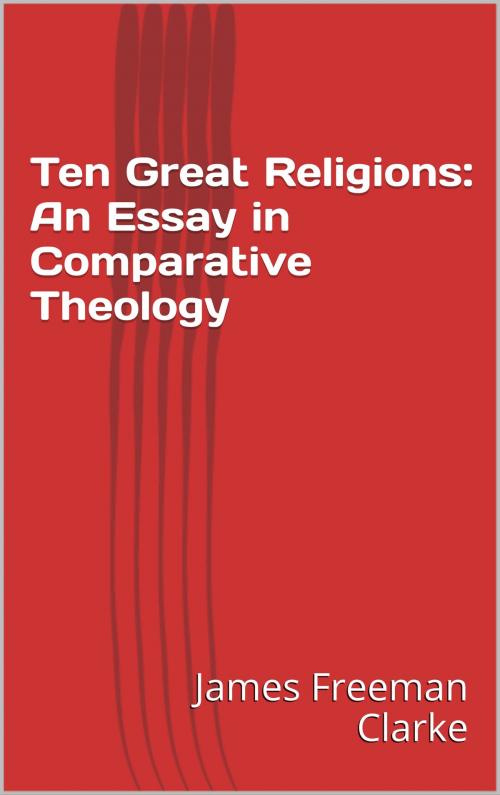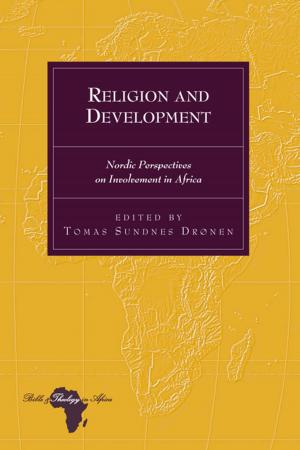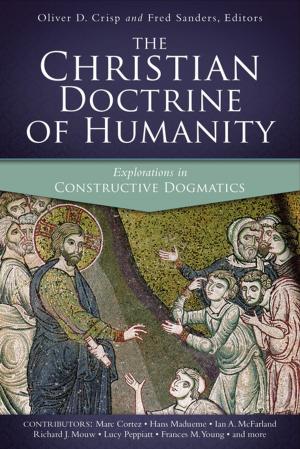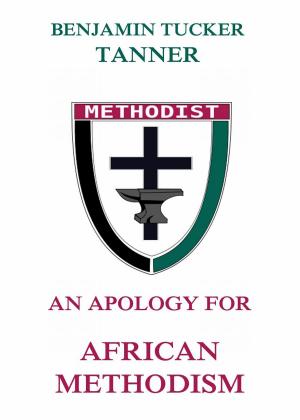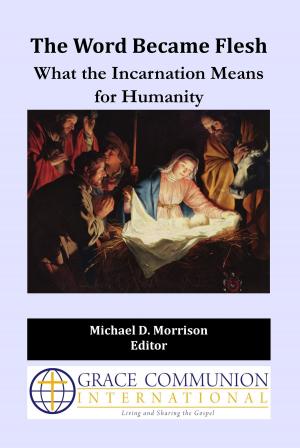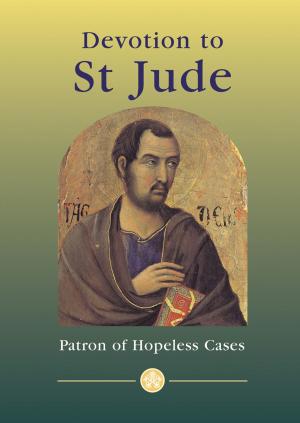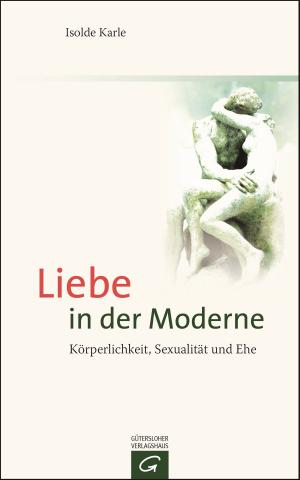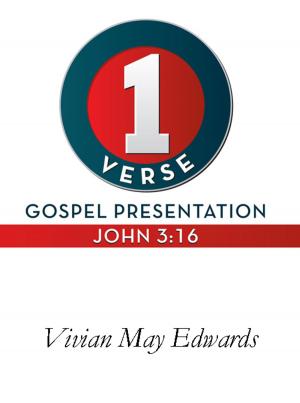| Author: | James Freeman Clarke | ISBN: | 1230001319217 |
| Publisher: | cmsMonkey | Publication: | August 23, 2016 |
| Imprint: | Language: | English |
| Author: | James Freeman Clarke |
| ISBN: | 1230001319217 |
| Publisher: | cmsMonkey |
| Publication: | August 23, 2016 |
| Imprint: | |
| Language: | English |
One of the best woork in comparative theology giving you great accounts of ten great religions. Anybody interested in learning about religions must start with this classic work. Here is the Table of Contents of the book from where you can guess what's inside:
Chapter I. Introduction.—Ethnic and Catholic Religions.
Object of the present Work; Comparative Theology; its Nature, Value, and present Position; Ethnic Religions. Injustice often done to them by Christian Apologists; How Ethnic Religions were regarded by Christ and his Apostles; Comparative Theology will furnish a new Class of Evidences in Support of Christianity; It will show that, while most of the Religions of the World are Ethnic, or the Religions of Races, Christianity is Catholic, or adapted to become the Religion of all Races
Chapter II. Confucius and the Chinese, or the Prose of Asia.
Peculiarities of Chinese Civilization; Chinese Government based on Education. Civil-Service Examinations; Life and Character of Confucius; Philosophy and subsequent Development of Confucianism; Lao-tse and Tao-ism; Religious Character of the "Kings."; Confucius and Christianity. Character of the Chinese; The Tae-ping Insurrection;
Chapter III. Brahmanism.
Our Knowledge of Brahmanism; Difficulty of this Study. The Complexity of the System. The Hindoos have no History. Their Ultra-Spiritualism; Helps from Comparative Philology. The Aryans in Central Asia; The Aryans in India. The Native Races. The Vedic Age. Theology of the Vedas; Second Period. Laws of Manu. The Brahmanic Age; The Three Hindoo Systems of Philosophy,—The Sankhya, Vedanta, and Nyasa; Origin of the Hindoo Triad; The Epics, the Puranas, and Modern Hindoo Worship
Chapter IV. Buddhism, or the Protestantism of the East.
Buddhism, in its Forms, resembles Romanism; in its Spirit, Protestantism; Extent of Buddhism. Its Scriptures; Sakya-muni, the Founder of Buddhism; Leading Doctrines of Buddhism; The Spirit of Buddhism Rational and Humane; Buddhism as a Religion; Karma and Nirvana; Good and Evil of Buddhism; Relation of Buddhism to Christianity
Chapter V. Zoroaster and the Zend Avesta.
Ruins of the Palace of Xerxes at Persepolis; Greek Accounts of Zoroaster. Plutarch's Description of his Religion; Anquetil du Perron and his Discovery of the Zend Avesta; Epoch of Zoroaster. What do we know of him?; Spirit of Zoroaster and of his Religion; Character of the Zend Avesta; Later Development of the System in the Bundehesch; Relation of the Religion of the Zend Avesta to that of the Vedas; Is Monotheism or pure Dualism the Doctrine of the Zend Avesta
Chapter VI. The Gods of Egypt.
Antiquity and Extent of Egyptian Civilization; Religious Character of the Egyptians. Their Ritual; Theology of Egypt. Sources of our Knowledge concerning it; Central Idea of Egyptian Theology and Religion. Animal Worship; Sources of Egyptian Theology. Age of the Empire and Affinities of the Race; The Three Orders of Gods; Influence upon Judaism and Christianity
Chapter VII. The Gods Of Greece.
The Land and the Race; Idea and general Character of Greek Religion; The Gods of Greece before Homer; The Gods of the Poets; The Gods of the Artists; The Gods of the Philosophers; The Mysteries. Relation of Greek Religion to Christianity
Chapter VIII. The Religion of Rome.
Origin and essential Character of the Religion of Rome; The Gods of Rome; Worship and Ritual; The Decay of the Roman Religion; Relation of the Roman Religion to Christianity
Chapter IX. The Teutonic and Scandinavian Religion
Chapter X. The Jewish Religion
Chapter XI. Mohammed and Islam.
Chapter XII. The Ten Religions and Christianity.
One of the best woork in comparative theology giving you great accounts of ten great religions. Anybody interested in learning about religions must start with this classic work. Here is the Table of Contents of the book from where you can guess what's inside:
Chapter I. Introduction.—Ethnic and Catholic Religions.
Object of the present Work; Comparative Theology; its Nature, Value, and present Position; Ethnic Religions. Injustice often done to them by Christian Apologists; How Ethnic Religions were regarded by Christ and his Apostles; Comparative Theology will furnish a new Class of Evidences in Support of Christianity; It will show that, while most of the Religions of the World are Ethnic, or the Religions of Races, Christianity is Catholic, or adapted to become the Religion of all Races
Chapter II. Confucius and the Chinese, or the Prose of Asia.
Peculiarities of Chinese Civilization; Chinese Government based on Education. Civil-Service Examinations; Life and Character of Confucius; Philosophy and subsequent Development of Confucianism; Lao-tse and Tao-ism; Religious Character of the "Kings."; Confucius and Christianity. Character of the Chinese; The Tae-ping Insurrection;
Chapter III. Brahmanism.
Our Knowledge of Brahmanism; Difficulty of this Study. The Complexity of the System. The Hindoos have no History. Their Ultra-Spiritualism; Helps from Comparative Philology. The Aryans in Central Asia; The Aryans in India. The Native Races. The Vedic Age. Theology of the Vedas; Second Period. Laws of Manu. The Brahmanic Age; The Three Hindoo Systems of Philosophy,—The Sankhya, Vedanta, and Nyasa; Origin of the Hindoo Triad; The Epics, the Puranas, and Modern Hindoo Worship
Chapter IV. Buddhism, or the Protestantism of the East.
Buddhism, in its Forms, resembles Romanism; in its Spirit, Protestantism; Extent of Buddhism. Its Scriptures; Sakya-muni, the Founder of Buddhism; Leading Doctrines of Buddhism; The Spirit of Buddhism Rational and Humane; Buddhism as a Religion; Karma and Nirvana; Good and Evil of Buddhism; Relation of Buddhism to Christianity
Chapter V. Zoroaster and the Zend Avesta.
Ruins of the Palace of Xerxes at Persepolis; Greek Accounts of Zoroaster. Plutarch's Description of his Religion; Anquetil du Perron and his Discovery of the Zend Avesta; Epoch of Zoroaster. What do we know of him?; Spirit of Zoroaster and of his Religion; Character of the Zend Avesta; Later Development of the System in the Bundehesch; Relation of the Religion of the Zend Avesta to that of the Vedas; Is Monotheism or pure Dualism the Doctrine of the Zend Avesta
Chapter VI. The Gods of Egypt.
Antiquity and Extent of Egyptian Civilization; Religious Character of the Egyptians. Their Ritual; Theology of Egypt. Sources of our Knowledge concerning it; Central Idea of Egyptian Theology and Religion. Animal Worship; Sources of Egyptian Theology. Age of the Empire and Affinities of the Race; The Three Orders of Gods; Influence upon Judaism and Christianity
Chapter VII. The Gods Of Greece.
The Land and the Race; Idea and general Character of Greek Religion; The Gods of Greece before Homer; The Gods of the Poets; The Gods of the Artists; The Gods of the Philosophers; The Mysteries. Relation of Greek Religion to Christianity
Chapter VIII. The Religion of Rome.
Origin and essential Character of the Religion of Rome; The Gods of Rome; Worship and Ritual; The Decay of the Roman Religion; Relation of the Roman Religion to Christianity
Chapter IX. The Teutonic and Scandinavian Religion
Chapter X. The Jewish Religion
Chapter XI. Mohammed and Islam.
Chapter XII. The Ten Religions and Christianity.
